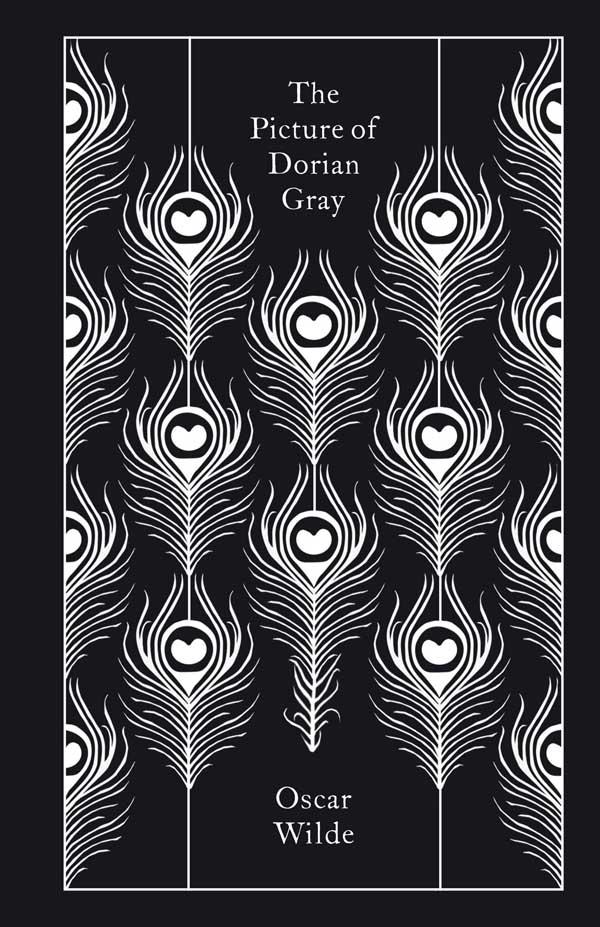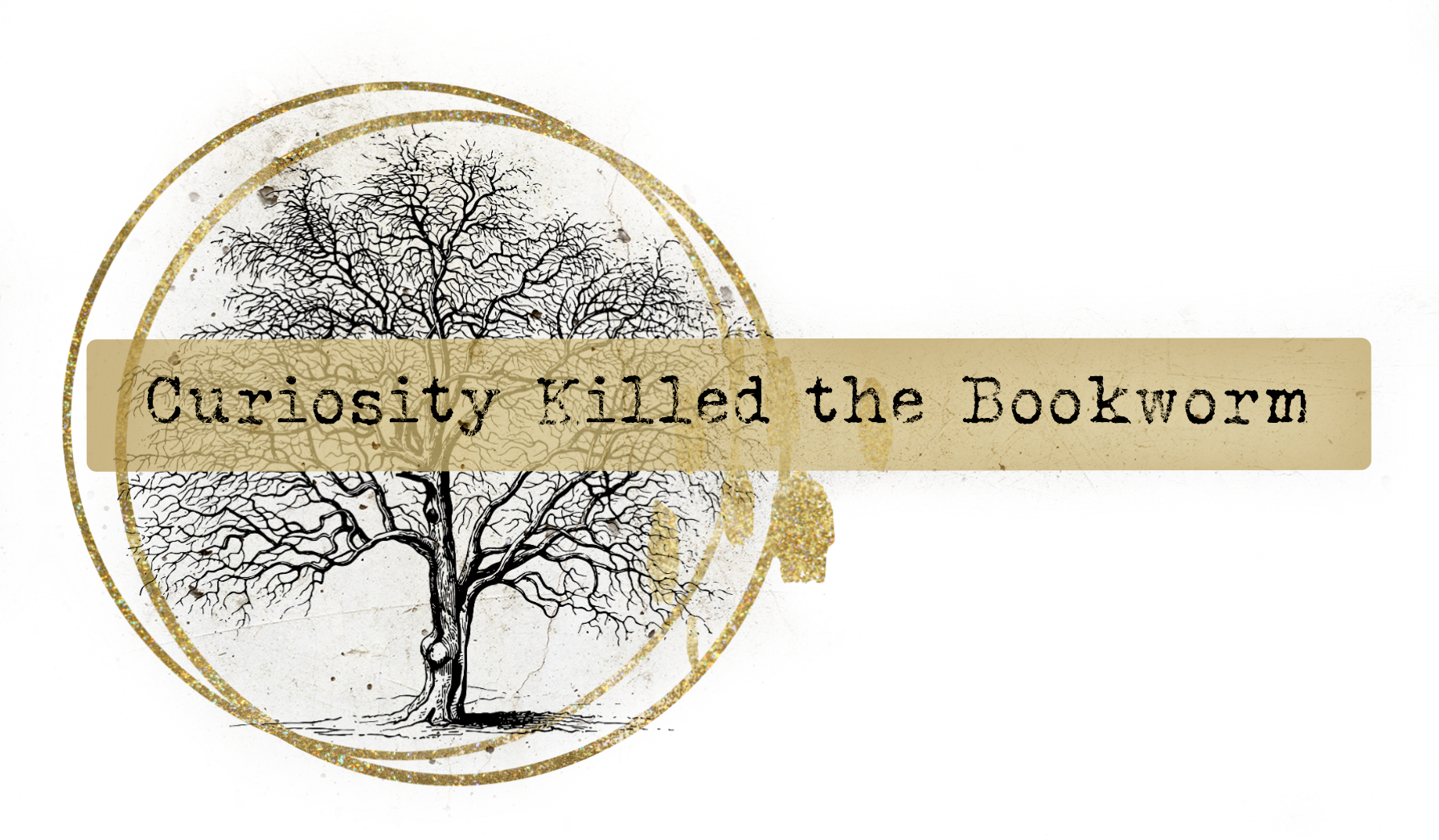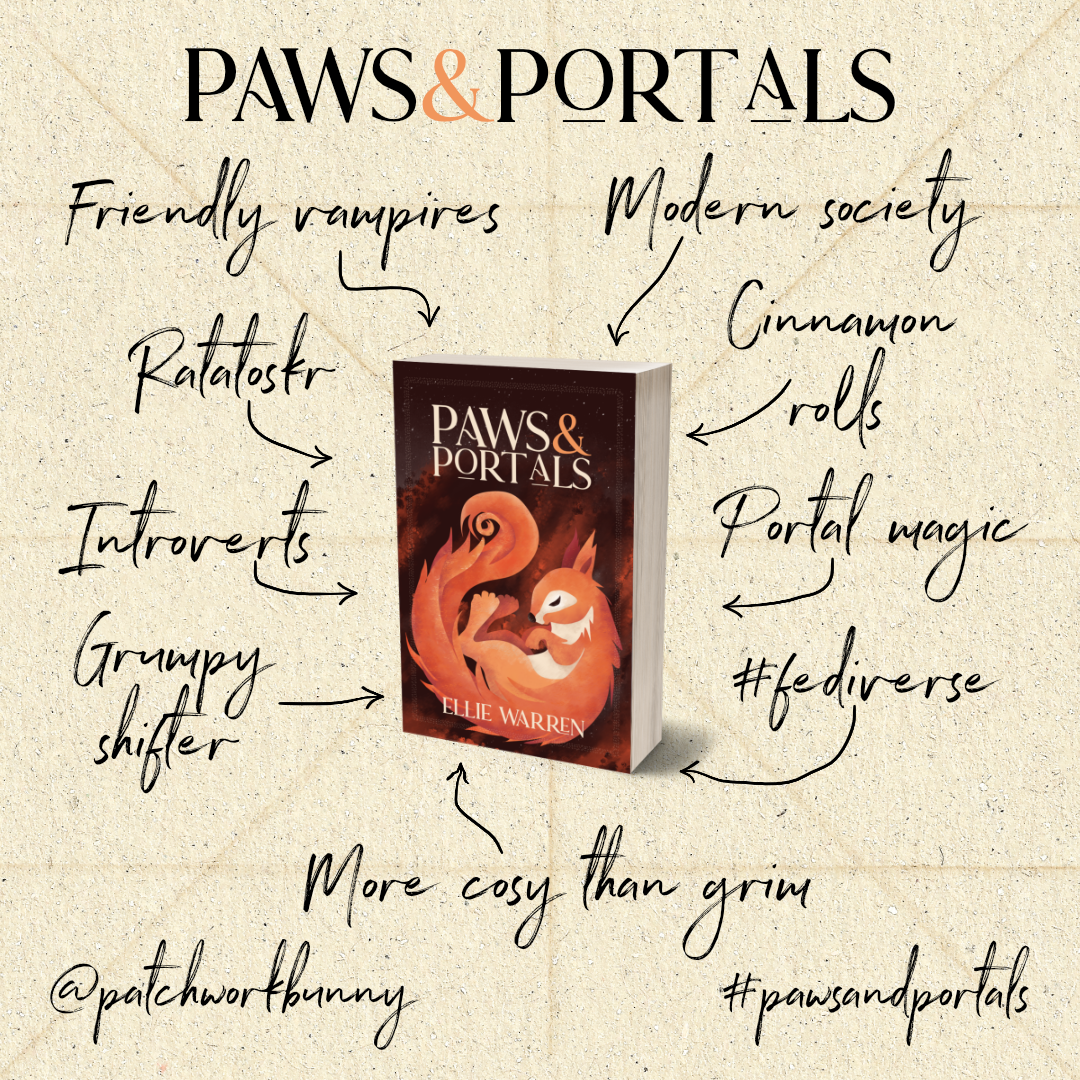
To get back my youth I would do anything in the world, except take exercise, get up early, or be respectable.
Oscar Wilde is immensely quotable and witty, I’m sure you’ll all recognise some bits of his prose. The Picture of Dorian Gray is a gothic tale full of various themes, but centrally the fear of aging and the idea that our sins are visible to the outside world through our aging. What would happen if you could halt that process?
If you’re not aware of the story, Dorian Gray is a young, attractive man who sits for the artist, Basil Hallward. As he gazes on Basil’s greatest work of art, a portrait of himself, Dorian wishes that he would always be this perfect and instead the painting would age on his behalf. Sometimes wishes come true, but with devastating consequences. As the outer world only sees Dorian’s youthful innocence, the portrait reflects a soul with plenty to hide.
The books that the world calls immoral are books that show the world its own shame.
I did feel a bit sorry for Dorian in places. He does seem rather naïve at the start and is led astray by Lord Henry Wotton, who thinks being a good person is incredibly dull. It doesn’t go into detail about the sinful things Dorian gets up to but it’s inferred through the fact he ends up with a pretty awful reputation. Yet every now and then there’s a glimpse of the old Dorian and I wished for him to finally see the error of his ways.
This 1891 edition is an extended version rather than that which first appeared in a magazine, and it was also censored in places that hinted at a same sex romantic relationship. I still think it’s quite obvious that Basil fancied Dorian to a modern reader but my clothbound version included endnotes explaining what had been changed. I think I would have liked to have read the original version because I did think it went on a bit in places, it spends a long time talking about the opulence of their surroundings and a lot of conversations about art.
I wonder who it was defined man as a rational animal. It was the most premature definition ever given. Man is many things, but he is not rational.
Not that it doesn’t have things to say about the nature of art, but really I wanted to get back to the painting and what Dorian was going to do. Another thing in the back of the clothbound, is a section containing contemporary reviews and, oh my, weren’t the critics scathing in their day? More-so that even the snarkiest blogger, and these were people writing in the national press. Oddly a Christian paper seemed to say the nicest things about the book, seeing it more as a moral tale than one of degradation.
Lord Henry Wotton is pretty sexist, I’m not sure if he’s meant to reflect Wilde’s own views or not, but in his mind women are air-headed, sub-humans. I could have done without all his mean comments but you wonder how much the way society made women act, made them come across that way. Perhaps the societal pressure around marriage was too much for Wilde, so he lashed out against the opposite sex. Maybe he was just angling for laughs.
Goodreads | Amazon | Waterstones | Hive | Wordery
Book Source: Purchased
Related posts
4 Comments
Leave a ReplyCancel reply
This site uses Akismet to reduce spam. Learn how your comment data is processed.






I really think this is a book that everyone ought to read once in their lifetime. You have a much prettier version of it than I do though! I've come back to this time and time again because, as you've said, it's so quoteable – I always find something to inspire me!
Steph – http://www.the-darkness-will-never-win.blogspot.com
I have a bit of block around reading classics with dull covers – especially those with a generic old painting on the front. So I do like to treat myself to nice editions which encourage me to read them!
It' been long time since I read this, but I recall it being quite talky. I think Wilde's plays are his best work, since that talky tendency he has fits theatre dialogue so well.
I think you're fair to call him on his sexism overall. Feminism was certainly on the rise in his day, but he was less than an advocate, quite bit less as I recall.
I loved this book, I found it disturbing but interesting. And I also love quotable books 😀